Summaries of books about Science & Math:
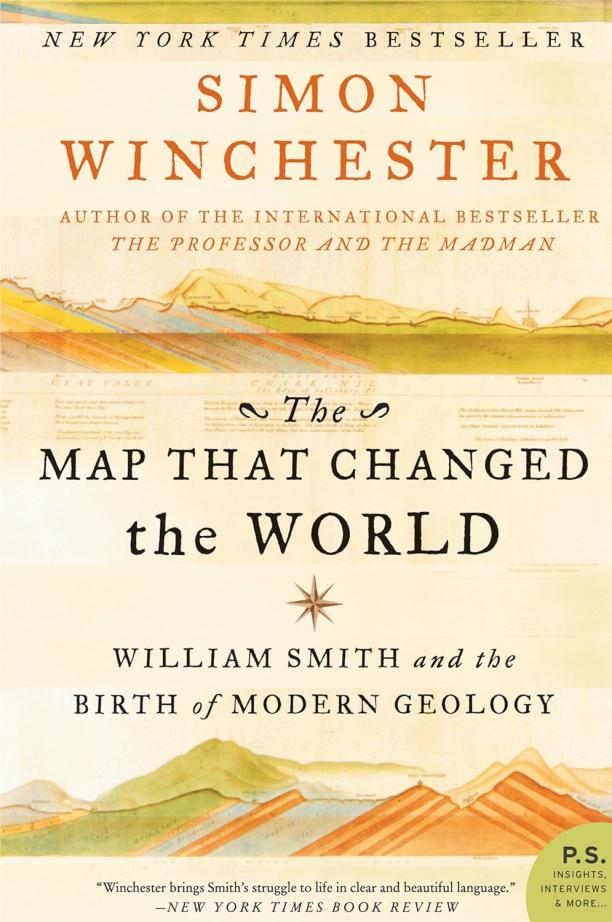
The Map That Changed the World
William Smith and the Birth of Modern Geology
Simon Winchester
The book chronicles the life of William Smith, a canal digger in England who created the first detailed geological map in 1815, revealing the layers of rock beneath the soil. It details his monumental achievement in identifying the stratification of rocks, which laid the foundation for the science of geology and greatly influenced our understanding of the Earth's history.
See full summary
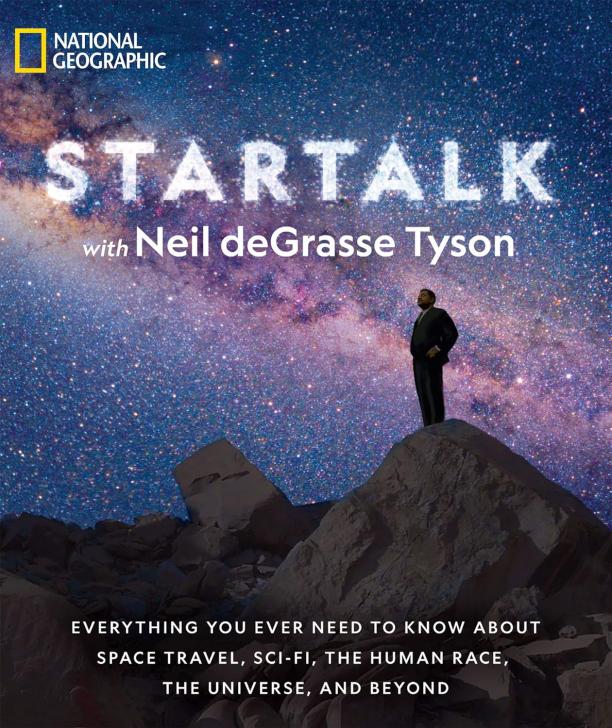
StarTalk
Everything You Ever Need to Know About Space Travel, Sci-Fi, the Human Race, the Universe, and Beyond
Neil deGrasse Tyson|Charles Liu|Jeffrey Simons
The book is a compilation of various cosmic topics ranging from space travel and extraterrestrial life to the intricacies of the universe, presented in an accessible and entertaining format. It includes insights from experts, fun facts, and Q&A sections that address common questions and misconceptions about the cosmos.
See full summary
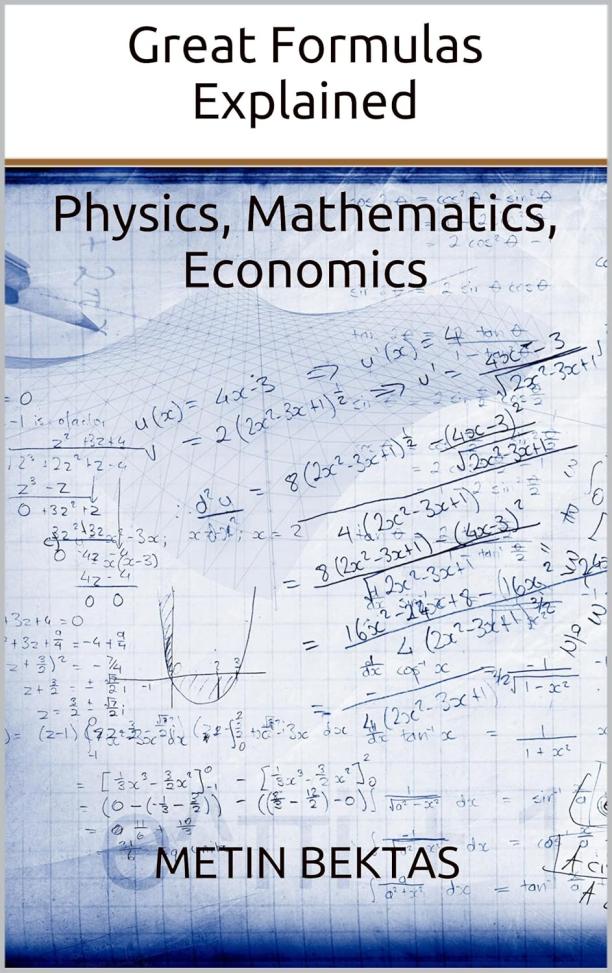
Great Formulas Explained - Physics, Mathematics, Economics
Metin Bektas
The book breaks down complex formulas from various fields such as physics, mathematics, and economics into understandable components for a general audience. It explains the derivation, meaning, and applications of these formulas, making them accessible to readers without requiring advanced mathematical knowledge.
See full summary
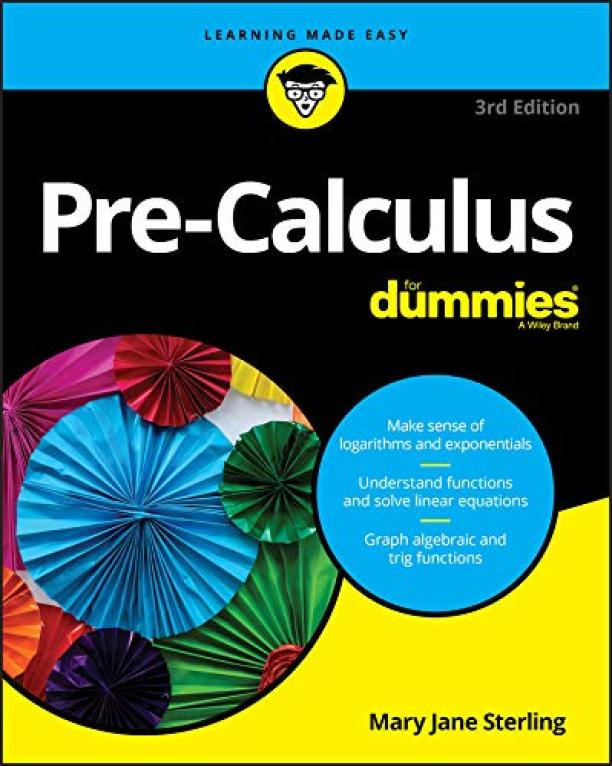
Pre-Calculus For Dummies
Mary Jane Sterling
The book serves as a comprehensive guide to the fundamental concepts and techniques of pre-calculus, covering topics such as algebra, geometry, and trigonometry. It provides explanations, examples, and practice problems to help students understand and prepare for the challenges of calculus.
See full summary
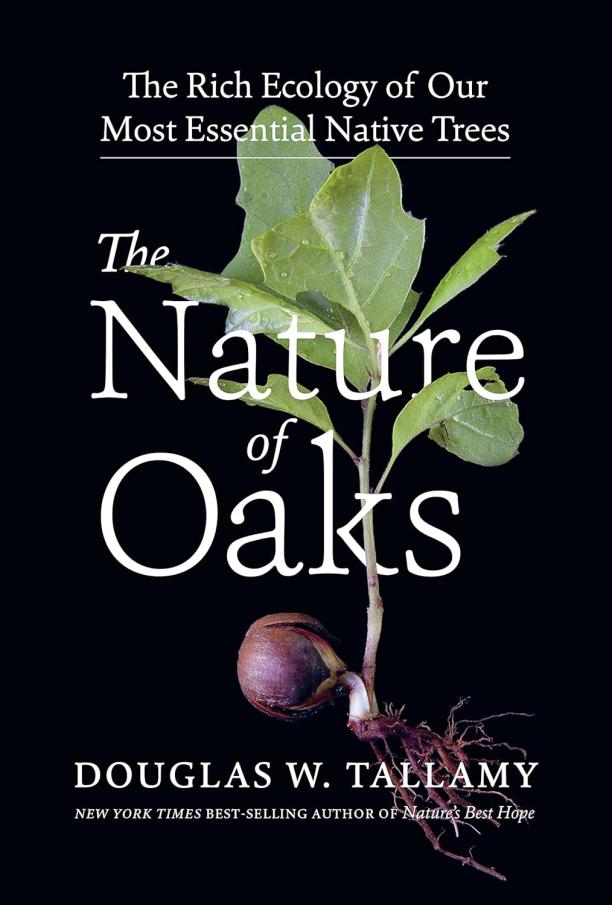
The Nature of Oaks
The Rich Ecology of Our Most Essential Native Trees
Douglas W. Tallamy
The book explores the ecological significance of oak trees, detailing their role in supporting biodiversity and offering practical advice on how to grow and conserve these vital native species. It delves into the life cycles and habitats associated with oaks, emphasizing their importance to wildlife and the broader environment.
See full summary

Never Enough
The Neuroscience and Experience of Addiction
Judith Grisel
The book delves into the author's personal journey with addiction and combines it with her professional expertise in neuroscience to explore how addictive substances can hijack the brain. It provides a comprehensive look at the science behind addiction, examining the biological and environmental factors that contribute to the development and persistence of addictive behaviors.
See full summary
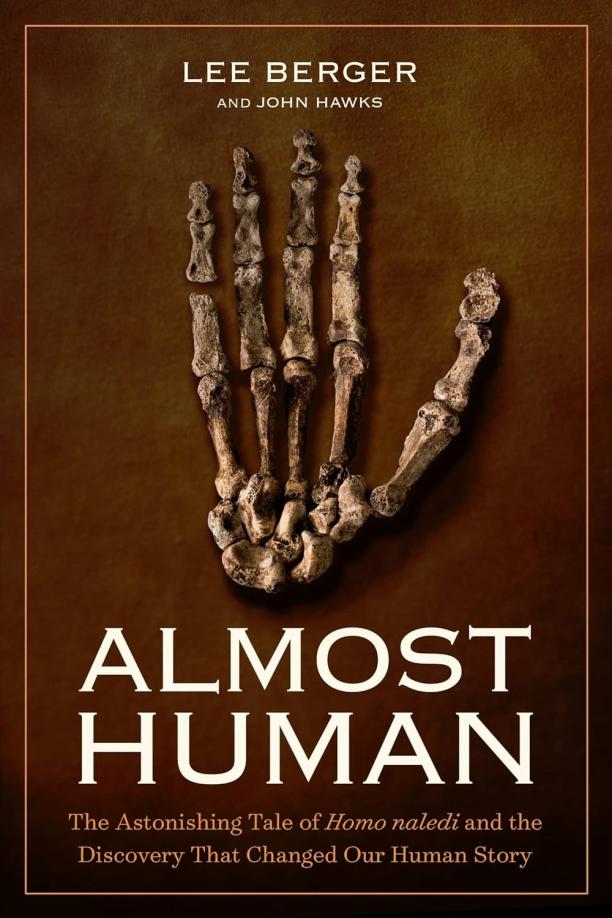
Almost Human
The Astonishing Tale of Homo Naledi and the Discovery That Changed Our Human Story
Lee Berger|John Hawks
The book chronicles the remarkable discovery of a new species of human ancestor, Homo naledi, in a South African cave, detailing the groundbreaking implications for our understanding of human evolution. It delves into the scientific journey of exploration and analysis, revealing how these ancient fossils challenge conventional views on the origins and diversity of the human lineage.
See full summary
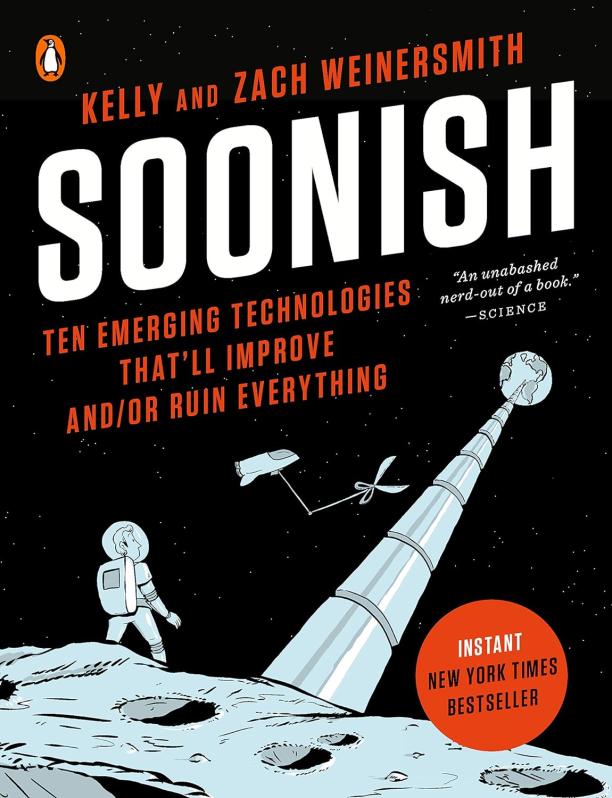
Soonish
Ten Emerging Technologies That'll Improve and/or Ruin Everything
Kelly Weinersmith|Zach Weinersmith
The book explores ten nascent technologies that have the potential to revolutionize various aspects of human life, from space travel and healthcare to digital security and construction. It delves into the science behind these innovations, their potential benefits and risks, and the ethical and societal implications they may bring.
See full summary
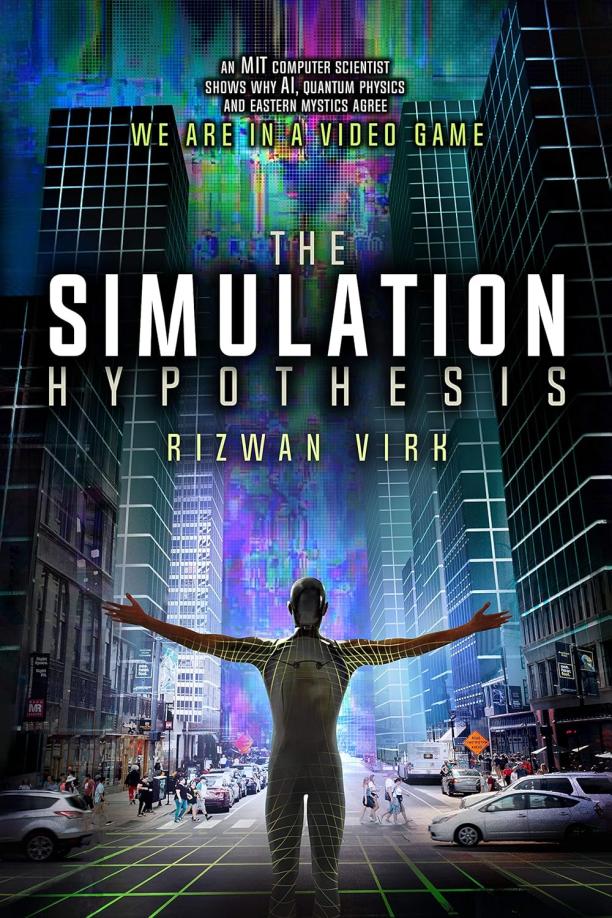
The Simulation Hypothesis
An MIT Computer Scientist Shows Why AI, Quantum Physics and Eastern Mystics All Agree We Are In a Video Game
Rizwan Virk
The book explores the idea that our reality might be a sophisticated digital simulation, drawing parallels between the worlds of artificial intelligence, quantum physics, and Eastern mysticism. It examines the technological possibilities of creating such simulations and the philosophical implications of considering ourselves as characters within a vast, programmed universe.
See full summary
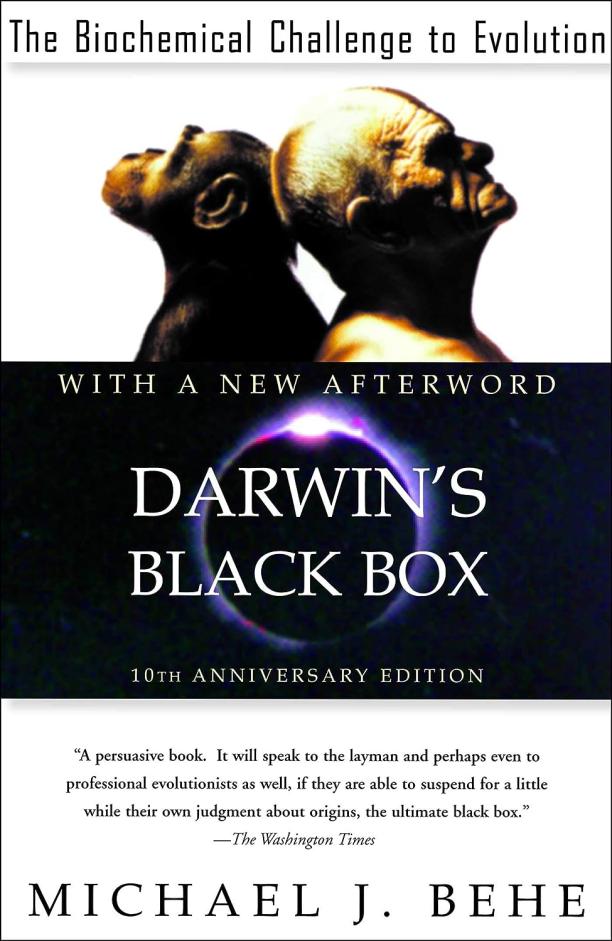
Darwin's Black Box
The Biochemical Challenge to Evolution
Michael J. Behe
The book presents an argument for intelligent design based on the complexity of biochemical systems, which the author claims cannot be explained by Darwinian evolution due to their "irreducible complexity." It critiques the ability of natural selection to account for the intricate machinery found within living cells.
See full summary